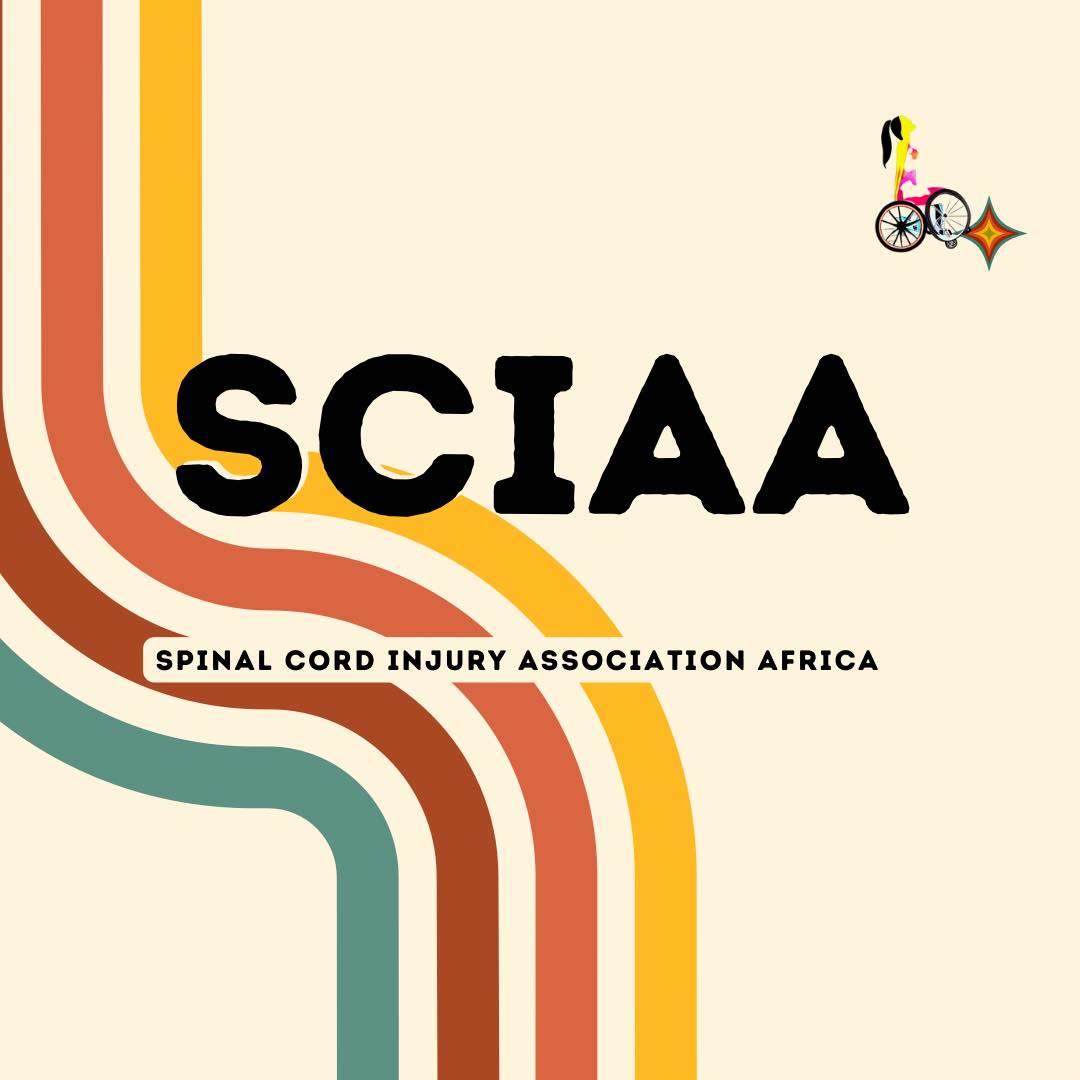
Depression is a common mental health condition that can affect anyone, regardless of their physical abilities. However, individuals with SCI face unique challenges that can make us more susceptible to depression. in my whole life living living with spinal cord injury ive had my own share of depression,
Here are some statistics:
1. Prevalence: Studies have shown that people with SCI are at a higher risk of experiencing depression compared to the general population of normal people. In fact, the prevalence of depression among individuals with SCI is estimated to be around two to five times higher.
2. Psychosocial Factors: The psychosocial impact of SCI, includes changes in mobility, independence, and social interactions, this can contribute to feelings of sadness, grief, and isolation. These factors increase the risk of developing depression.
3. Chronic Pain: Chronic pain is a common consequence of SCI and can significantly impact an individual’s mental well-being. It can lead to increased stress, decreased quality of life, and a higher likelihood of experiencing depression.
While depression may feel overwhelming, there are various strategies that can help manage its impact. Here are some effective ways to reduce depression in people with SCI:
1. Seek Professional Help: If you’re struggling with depression, it’s crucial to reach out to a healthcare professional, such as a psychiatrist or psychologist, who specialises in SCI and mental health. They can provide tailored support, therapy, and medication if needed.
2. Build a Support Network: Surrounding yourself with understanding and supportive individuals is essential. Connect with other people living with SCI through support groups, online forums, or local community organisations. Sharing experiences and challenges can provide a sense of belonging and comfort.
3. Stay Active: Engaging in regular physical activity, within the limits of your abilities, can have a positive impact on mental health. Exercise releases endorphins, which are natural mood boosters. Consult with a healthcare professional to determine suitable exercise options for your specific situation.
4. Practice Self-Care: Prioritize self-care activities that bring you joy and relaxation. It could be pursuing hobbies, reading, listening to music, meditating, or practicing mindfulness. Taking time for yourself allows you to recharge and manage stress effectively.
5. Educate Yourself: Knowledge is power. Learn about depression, its symptoms, and coping mechanisms. Understanding the condition can help you identify warning signs and seek appropriate support when needed. Numerous educational resources, books, and websites are available specifically tailored to SCI and mental health.
6. Open Communication: Communicate openly and honestly about your feelings with your loved ones, friends, and healthcare providers. Sharing your emotions and concerns can alleviate some of the burden and help others understand your unique challenges.
Remember, it’s crucial to consult with healthcare professionals to develop an individualistic approach to managing depression. This can provide personal guidance based on your specific needs and circumstances.
i have also been wondering how sciaan as an organisation can step up to help members of our community achieve a greater understanding about their own mental health journey and seek help—or speak up for themselves to obtain the right help ,Comment if you have any things we can do as a Community .
Living with SCI presents its own set of challenges, and depression is an important issue that needs to be addressed. By acknowledging the prevalence of depression within the SCI community, understanding the statistics, and implementing strategies to reduce its impact, we can take steps towards a healthier and more fulfilling life. Remember, you are not alone, and with the right support , you can navigate the complexities of depression and regain a sense of well-being and happiness.
